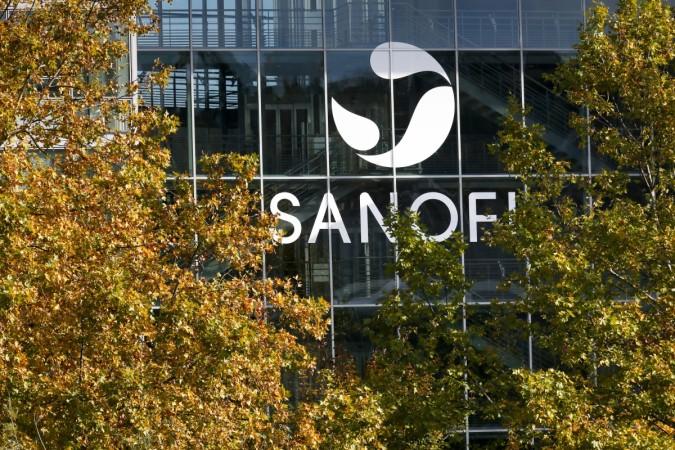
The breakthrough drug for eczema has cleared a big clinical trial involving nearly 1,400 adults with mild to moderate disease, drugmakers Regeneron Pharmaceuticals Inc and Sanofi said Friday. The companies said their experimental treatment for the chronic inflammatory skin disease has proved successful in two large studies, without serious side effects, Reuters reported.
The pharma companies would now head to seek regulatory approval from the U.S. authorities for their anti-eczema injectable drug, dupilumab, based upon the strong results received in the trials. The U.S. Food and Drug Administration (USFDA) has fast-tracked the testing of dupilumab and had designated it as a breakthrough therapy.
Dupilumab would, however, cost patients $30,000 a year and is likely to fetch the drugmakers over $5 billion annually.
There is currently no cure for Eczema, but treatments can ease the symptoms. The current line of treatments includes moisturisers and topical corticosteroids, according to the National Health Service, England. Dupilumab would be the first approved systemic treatment for the skin condition, if the regulators approve it.
Regeneron Pharmaceuticals Inc and Sanofi said in two identical Phase three studies respectively, the skin lesions were cleared among 37 percent and 36 percent of patients who were treated with the drug weekly and 38 percent and 36 percent who received injections every two weeks. The drugmakers said there was an overall improvement of skin rashes by 70 percent among patients who took the drug in both trials.
Dupilumab blocks IL-4 and IL-13 proteins, which the drug companies said, are believed to be the underlying causes of eczema and various other allergic conditions like asthma and nasal polyps, for which the drug has shown positive results in smaller Regeneron studies.
"If you look across our research programs, these two proteins appear to be key drivers of allergic responses in all these diseases," George Yancopoulos, Regeneron's research chief, told Reuters.
The chronic skin infection affects nearly 2 percent of adults and 10-20 percent of children in the U.S, the severity of cases ranging from mild to moderate.
















